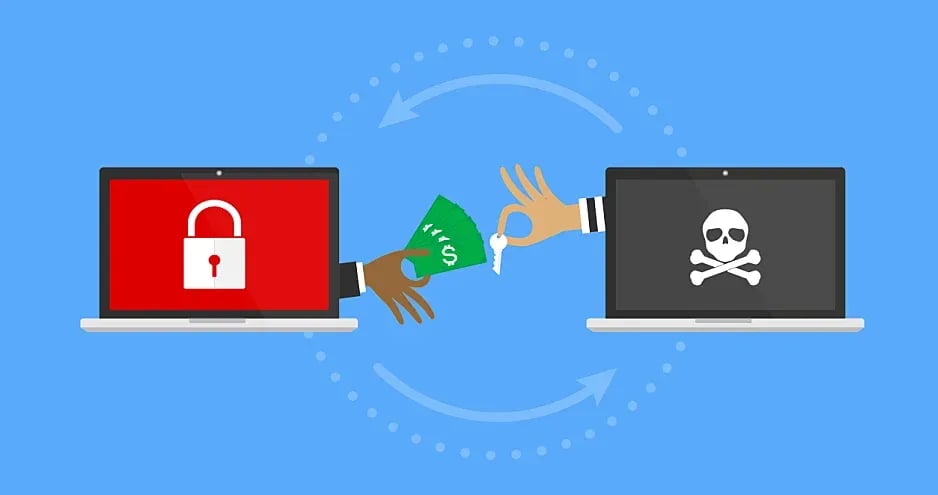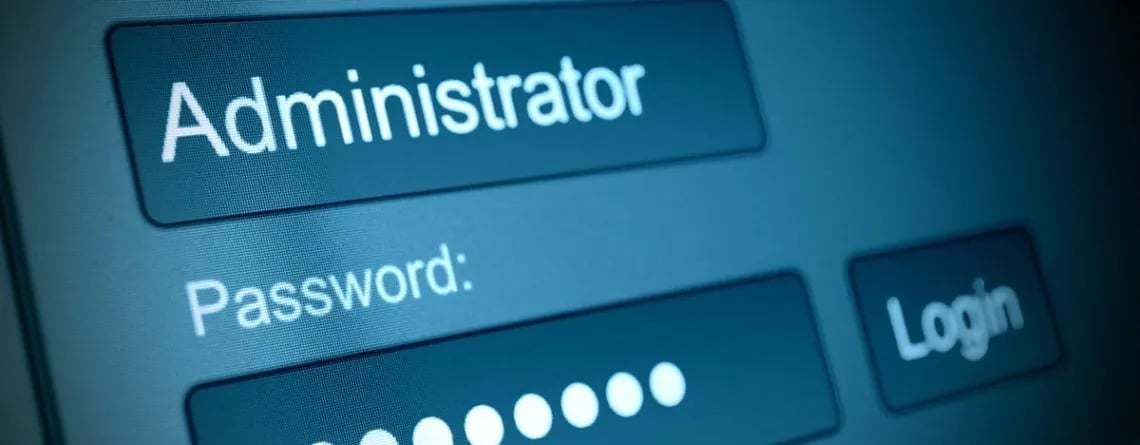Church Staff: The Biggest Cybersecurity Risk You Haven’t Considered
When we talk about cybersecurity in churches, the focus is often on external threats—hackers, phishing scams, and social engineering attacks. But one of the biggest risks actually comes from inside: church staff.
It’s not intentional. Church employees and volunteers are often overworked, undertrained in cybersecurity, and operating with a mindset of trust rather than caution. This makes them prime targets for cybercriminals. Whether it’s falling for a phishing email, using weak passwords, or unknowingly exposing sensitive data, human error is the easiest way for bad actors to gain access.
The problem? Most churches don’t invest in cybersecurity training, leaving their staff and volunteers unprepared for modern threats. And in an environment built on relationships and goodwill, it’s easy to assume that every email, request, or message is legitimate. That assumption can be costly.
The Consequences of Inaction
When church staff unknowingly open the door to a cyberattack, the fallout can be devastating:
• Financial Fraud: Cybercriminals can steal church funds through fake invoices, wire transfer fraud, or payroll scams.
• Data Breaches: Sensitive donor and member information—addresses, phone numbers, and giving records—can be exposed or sold on the dark web.
• Ransomware Attacks: Entire church systems, from financial records to live streaming capabilities, can be locked down until a ransom is paid.
• Reputational Damage: A security breach erodes trust. Donors, members, and the broader community may hesitate to engage if they feel their information isn’t safe.
• Legal and Compliance Issues: Churches handling financial and personal data have legal obligations. A breach can result in fines, lawsuits, or even regulatory scrutiny.
A Call to Action
Church leaders need to start thinking about cybersecurity as a spiritual and operational responsibility—protecting the congregation, their data, and the mission. Simple steps like regular training, multi-factor authentication, and clear cybersecurity policies can make a huge difference.
Cybercriminals know churches are easy targets. The question is—does your staff?












